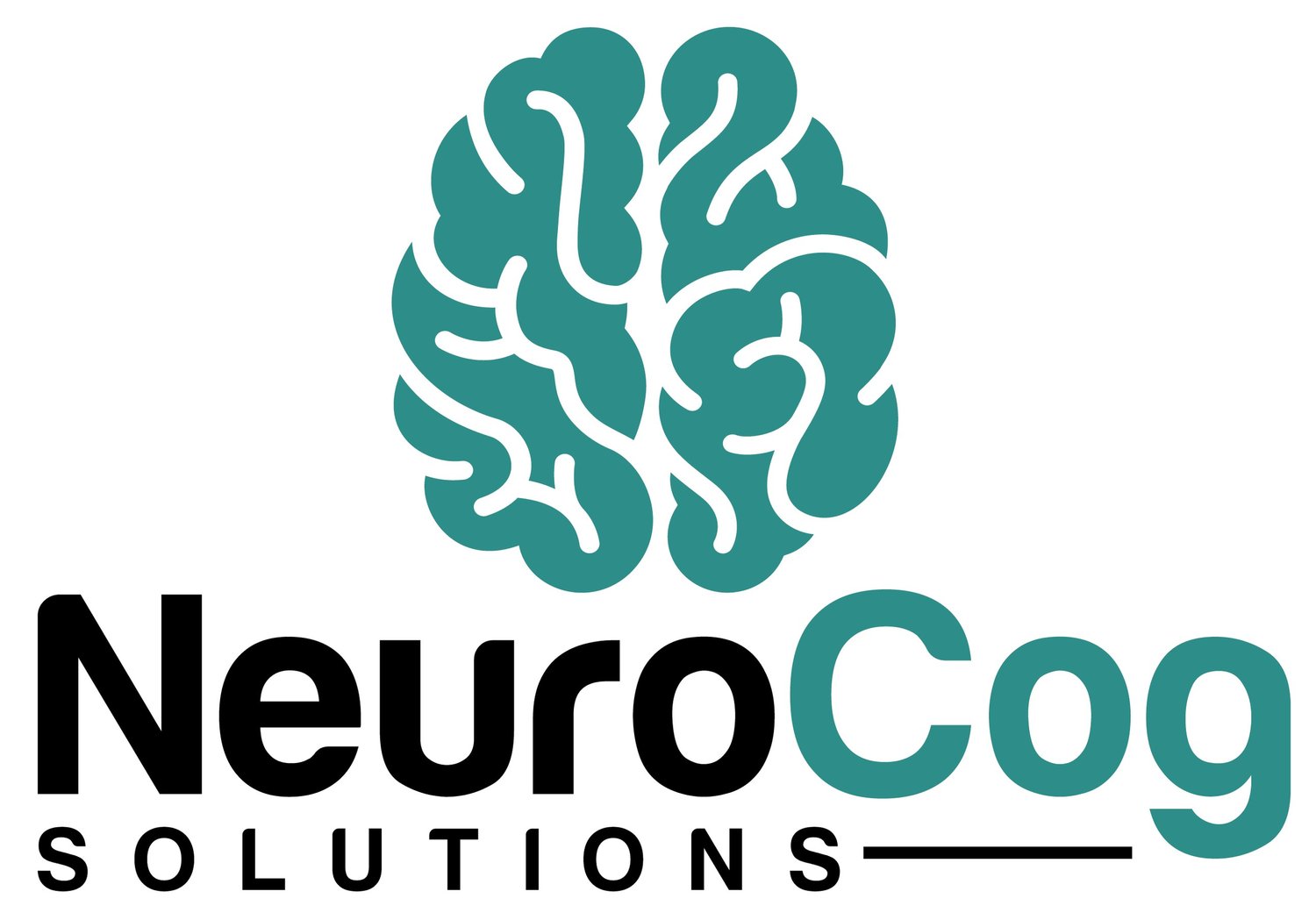
Dementia
Many people think that dementia is a disease, but it’s actually an umbrella term for many different degenerative brain diseases. Each different disease has different effects on the brain, and may require different treatments.
The most common types of dementia are Alzheimer’s, Lewy body, Vascular, and Frontotemporal. In some cases, a patient can have more than one condition simultaneously which would be referred to as mixed dementia.
Alzheimer’s Disease
Alzheimer’s disease is the most common form of dementia, accounting for over 60% of all dementia cases.
Lewy Body Dementia
Lewy body dementia is caused by protein build up on the brain. This build up of proteins can cause Parkinson’s disease or dementia with Lewy bodies. Although the same proteins are building up, the symptoms, depending on their location can cause vastly different symptoms.
Vascular Dementia
Vascular dementia is is the second most common form of dementia and is caused because of blood supply problems to the brain. When a person’s vascular system in their brain becomes damaged, the blood supply and oxygen needed for the brain to function properly is reduced, causing cells to die.
Frontotemporal Dementia
Frontotemporal dementia includes many uncommon brain disorders that cause the frontal and temporal lobes in the brain to shrink or atrophy.




